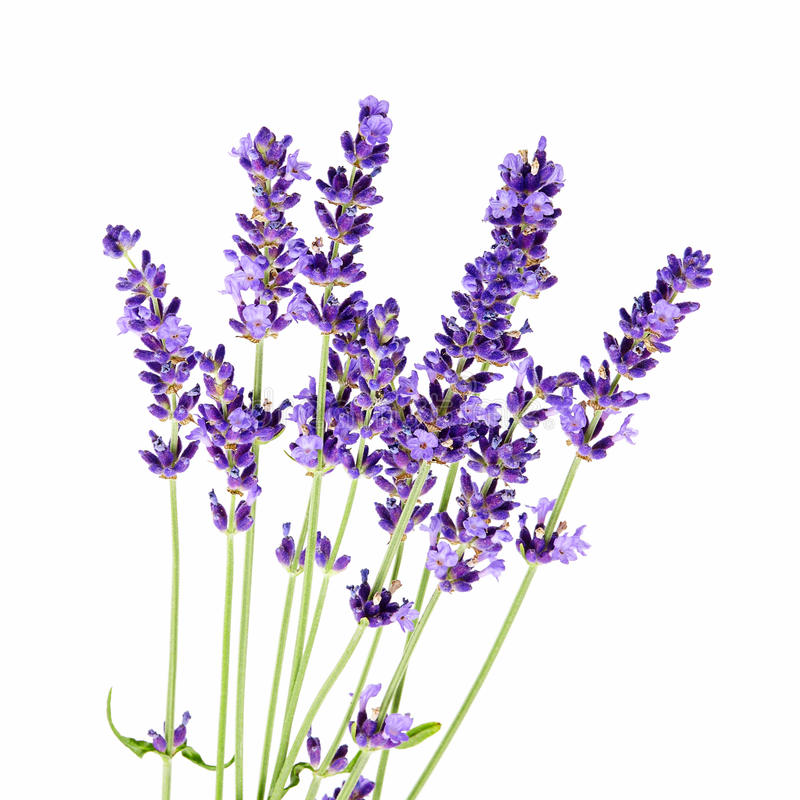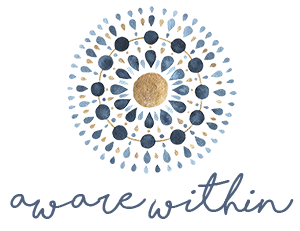Psychotherapy Services
|
As humans, our experiences and behaviours profoundly influence our mental health, shaping our lives, interactions, and relationships. In my practice, I see many clients all with their unique constellation of inherent traits, strengths, struggles, and coping mechanisms.
While everyone's journey is distinct, our psyche mirrors a common trajectory, with our authentic selves obscured by layers of trauma, grief and shame leading to the formation of a false self. As a result of emotional pain, we unconsciously yet intelligently develop defences and adaptations to help us cope which can then interfere with our connection to ourselves, life, and others. Through therapy, we begin to discover our inherent traits as well as how other common adaptations show up in our lives to better understand their origins and help foster healing. Engaging in this work leads to taking better care of your self, ultimately nurturing healthier connections and a more fulfilling life. |
Individual
|
Wild Soul Journey Blog
There is a map for getting to the threshold; the rest is alchemy. A healing balm for mind, body & soul.
|
Journey of
|
Providing support for ...
|
|
Common threads: Navigating Life's Complexities
|
Throughout our lives we share common experiences from navigating the complexities of anxiety and depression to embarking on the profound journey of self-discovery and awakening. As well, we may experience relational challenges including insecure attachment styles, codependency, over-giving, and the tendency to please others and prioritize others’ needs at our own expense. Moreover, many of us resonate deeply with traits like high sensitivity and hyper-independence which intricately shape our interactions with the world around us.
|
Anxiety
Anxiety is a natural response to cues of threat or danger in one's internal or external environment. Anxiety is usually recognized through physical sensations like shallow breathing, thoughts like ruminating & scanning, emotions like worry and behaviours like avoiding. Although anxiety is a crucial part of the human instinctive system, there are times when it becomes dis-ordered and is recurring unnecessarily and lasting long after any threat is past.
Highly Sensitive/HSP
High sensitivity/sensory person (HSP) is an innate trait found in about 20% of the population. HSPs are built more deeply, emotionally and mentally than most people. As a result, they have a heightened awareness of stimuli, are very observant, more aware than others of subtleties, can be more easily overwhelmed and can experience anxiety. They often have a rich inner life and are very creative with a deep level of empathy.
People Pleasing
Being a people-pleaser means prioritizing others' needs and desires over your own, often at the expense of your own well-being and authenticity. It involves a desire to gain approval and avoid conflict, sometimes leading to over-commitment and neglecting personal boundaries. People pleasers often struggle to say no, fearing rejection or disappointment from others. While their intentions are usually good, this behaviour can result in feelings of resentment, exhaustion and a loss of self-identity.
|
Caretaker/Over-giver
Has your being helpful and giving to others become unhealthy? Only when we have taken care of our own needs are we unconditionally generous to others. Giving is dysfunctional when done from a place of expecting something in return. People who give too much are often the caretakers, rescuers, people pleasers, fixers, and over-responsible ones. As a result they often feel taken advantage of, walked over and neglected.
Depression
Depression darkens aspects of life making things less enjoyable, less important and less worthwhile. It saps your energy, motivation, and ability to experience connection and meaning. You may be more impatient, quicker to anger and get frustrated, quicker to break down, and it takes you longer to bounce back from everything. Depression can be connected to unresolved grief, stress, and of disconnection with the self.
Anxious Attachment
Anxious attachment refers to a style of relating characterized by a need for reassurance and fear of abandonment. Individuals with this attachment style often worry about the stability of their relationships and seek excessive validation from their partners. They may become overly dependent and clingy, experiencing intense emotions when separated from their loved ones. This attachment pattern stems from early care-giving experiences and can lead to difficulties in establishing healthy boundaries and maintaining secure relationships.
|
Codependency
Codependency is an unhealthy attachment to another person. It shows up as emotionally destructive and dysfunctional relationships. Some signs of codependency are: getting your self worth from the other person, difficulty identifying and expressing your needs, staying in poor relationships too long, difficulty expressing and accepting differing viewpoints, compromising your values and integrity to avoid rejection and another's anger.
Awakening
Spiritual awakening, dark night of the soul, spiritual emergency. These times can be confusing, disorienting, feel like a huge void of darkness and be downright difficult. Yet, this is also the time of inner transformation. It is the soul's wake up call, an attempt to get your attention to grow and evolve. Spiritual awakenings happen as a natural product of your soul evolving, expanding, and maturing that is meant to help you live a more meaningful life.
Hyper-Independence
Extreme independence refers to an excessive reliance on oneself, often avoiding or rejecting support from others. Those with this trait prioritize complete autonomy and self-sufficiency resisting any form of dependence or interdependence. While independence can be empowering, hyper-independence may hinder meaningful connections and collaboration. It may lead to feelings of isolation or a reluctance to seek assistance when necessary, potentially impeding personal growth, social bonds and emotional well-being.
|
Heal your past. Find your own path.
The work of the mature human being is
to carry grief in one hand and gratitude in the other.
And, to be stretched large by these two things.
- FRANCIS WELLER
Michele Wolf - Registered Psychotherapist - Aware Within - Psychotherapy
Located from the Collingwood Blue Mountains area and virtually serving all of Ontario including
Collingwood, Stayner, Thornbury, Meaford, Owen Sound, Midland, Barrie,
Guelph, Hamilton, Kitchener-Waterloo, Orangeville, Ottawa, Thunder Bay, and all other areas.
Collingwood, Stayner, Thornbury, Meaford, Owen Sound, Midland, Barrie,
Guelph, Hamilton, Kitchener-Waterloo, Orangeville, Ottawa, Thunder Bay, and all other areas.
Home | About | Therapist-Meet Michele | Services | Wild Soul Journey Blog
Journeys - Women's Circles | FAQ | Contact | Book an Appointment
Journeys - Women's Circles | FAQ | Contact | Book an Appointment













